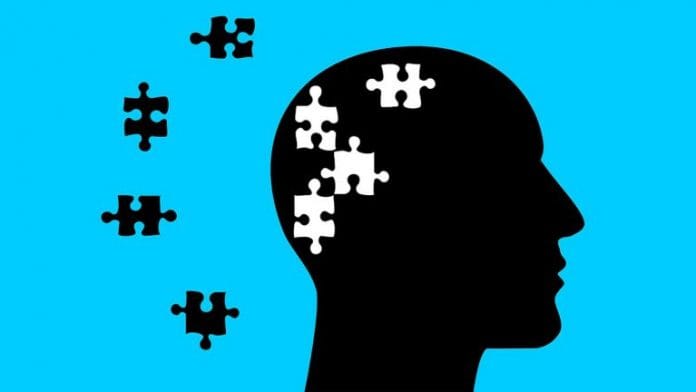New Delhi: The Covid-19 pandemic has drastically altered everyone’s lives.
After the nationwide lockdown was imposed in March in India, people were confined to their homes overnight, which changed lives indefinitely. This was especially visible in the case of diet and mental health.
“Unfortunately, a lot of people gained a lot of weight in the first two phases (the initial few months) and overall I feel that they’ve done more harm than anything to their bodies,” Mumbai-based nutritionist Priya Kathpal told ThePrint.
Dr Rajesh Sagar, a psychiatrist at AIIMS, said the time was marked by an increase in loneliness and isolation, especially among the elderly.
As part of our series Safe and Sound, in association with Facebook, ThePrint spoke to experts in the domains of nutrition and psychiatry about the various changes, both good and bad, in the last few months.
How dietary habits changed
According to Kathpal, the dietary habits of people went through three phases.
The first was when India saw its first wave of cases and the lockdown was announced in March. “A lot of us thought that it would only last for a couple of weeks or months. So everybody started doing things they enjoyed doing, like cooking things they liked,” she said.
This would typically include high sugar and carbohydrate-rich food like cakes and pizza.
The second phase, Kathpal said, was when uncertainty and stress crept in.
“In the beginning the pressure was not so much as everybody was trying to cope with the situation. But as it progressed, and work from home took over everything else, people began working for more than 8 or 9 hours,” she said.
“There was a lot of pressure on working women as well to provide food, keep the homes clean,” Kathpal added.
As a result, people started binge eating and physical activity also took a hit in the months since the lockdown.
What followed this was a stage of acceptance, when people began understanding that this was going to be the new normal. “By now people have understood the whole disease is related to immunity. So they started building their immunity, working out at home and making sure that they’re doing some sort of activity, eating immunity[-building] related foods every day,” she said.
However, Kathpal noted that several people are still struggling to cope with their unhealthy habits and the additional weight that they had put on in the initial months of the lockdown.
A cross-sectional survey-based study by Indian researchers, published in October, had also concluded that “Covid-19 marginally improved the eating behaviour, yet one-third of participants gained weight as physical activity declined significantly coupled with an increase in screen and sitting time”.
Mental health during the pandemic
For Delhi-based psychiatrist Dr Sneha Sharma the most acute change has been the decrease in social interaction. “People are missing that sort of an interaction and that is leading to anxiety, social isolation and withdrawal.”
Sharma added that since people are anxious about getting back to their routine, social anxiety has worsened.
Dr Rajesh Sagar also noted that there are sections of the population, especially the elderly, who have suffered the most as they were unable to connect over social media unlike others.
“For the young population also, they are not able to do any physical activity, to go to the park, they are not able to play games and spend most of their time online which again has increased mobile phone, internet usage…[The] excessive use is there with gadgets. Which is affecting their mental health,” he said.
In addition to this, families are also having to spend a lot of time together, which has led to an increase in irritability, frustration.
However, according to him, more people also started talking about mental health during this period. “Mental health issues are reported more, especially with regard to anxiety, feeling low, excessive internet use, stress related problems.”
How to keep afloat
All the experts ThePrint spoke to said having a routine was essential to ensuring a healthy lifestyle.
“We know that working from home is much more difficult than working in an office because you have so many things happening simultaneously…So I suggest that one should make a routine. Plan your meals in advance, stock up your home with healthy ingredients, keep your unhealthy ingredients to very minimal so that you don’t really reach out to them at all at home,” Kathpal said.
She also stressed on the need for a 30-40 minute workout regimen for five days a week.
Meanwhile, Sneha Sharma said one must gradually deal with avoidance behaviour caused by anxiety.
“One thing to do is gradually increase exposure to a particular situation, and it can be in a graded manner so it doesn’t lead to a panic like situation in an individual,” she said.
According to Sagar, one should seek help if they are facing problems beyond their control.
“They need to know what the problem is, they should recognise it and if there are problems beyond the control of the patient they should seek help and remain positive in spite of the challenging time”.






